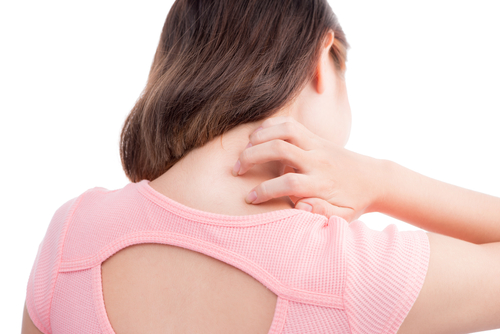DIAGNOSIS
Your doctor will perform a physical exam and ask about your symptoms. He may:
- Ask you to keep a food diary of your eating habits, symptoms and medications to pinpoint the problem.
- Perform a skin test to determine your reaction to a particular food.
- Ask you to go on an “elimination diet” in which you temporarily stop eating suspect foods for a week or two and then add the food items back into your diet one at a time.
- Ask you to take an “oral food challenge” in the clinic. You will be given small but increasing amounts of the suspect food. If you don’t have a reaction during this test, you may be able to include this food in your diet again.
TREATMENT
The simplest—and often the best—treatment is to avoid the foods that cause signs and symptoms of food allergy.
As with other types of allergies, avoidance is most often the best medicine. Anyone with a food allergy should be careful when purchasing food at a supermarket or restaurant to make sure there are no traces of the allergen in a food or meal.
For a minor allergic reaction, over-the-counter or prescribed antihistamines may help reduce symptoms.
For a severe allergic reaction, you may need an emergency injection of epinephrine and be brought immediately to the emergency room.


